Best games I played in 2013
Gone Home
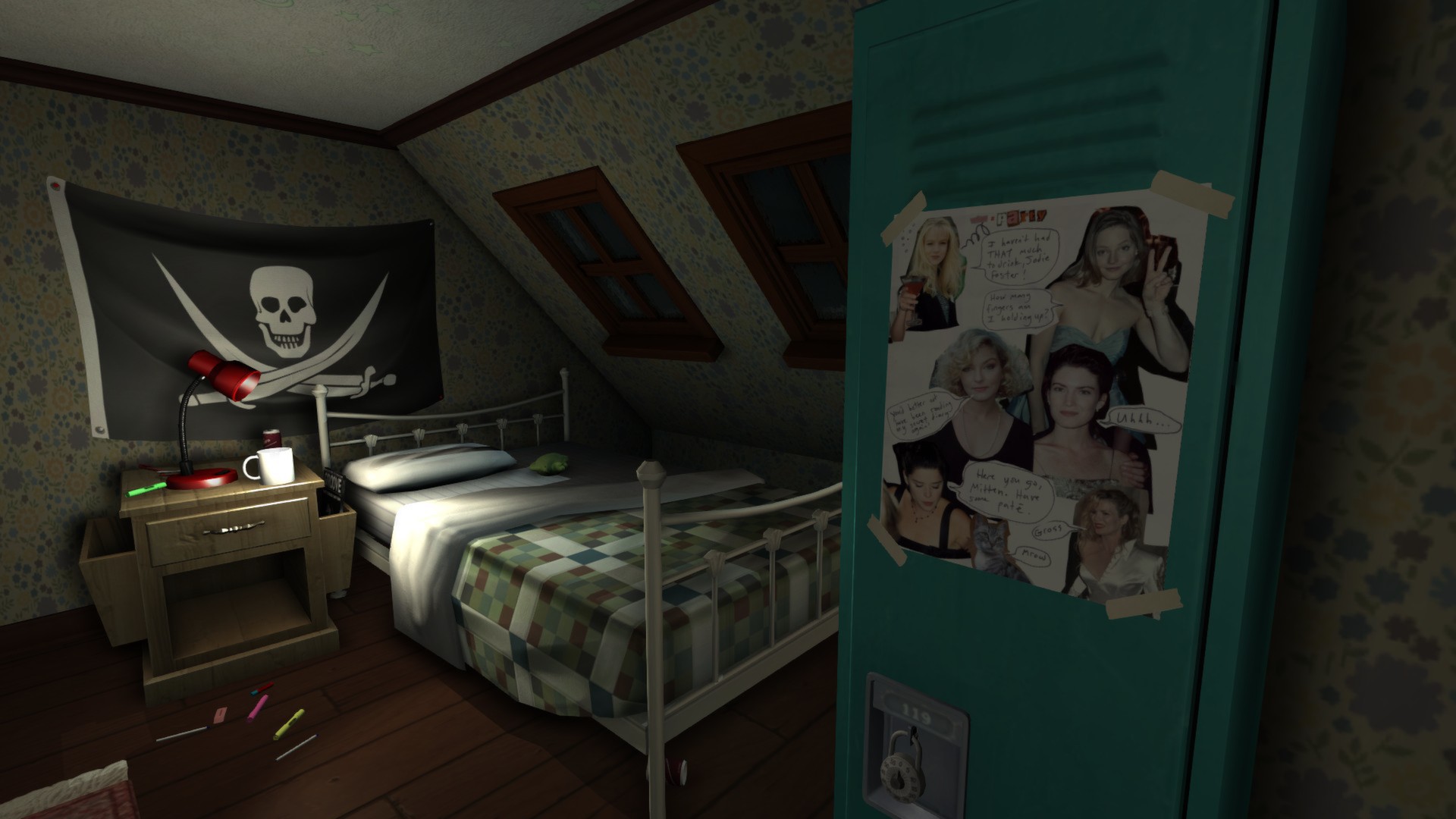
For the most part, this list is unordered. It’s just a collection of games I really enjoyed playing, with no attempt to impose any sort of arrangement or ranking. With one massive exception. Gone Home is, by a huge margin, the best game I played in 2013. It’s a short game. An unfussy game. One where the story is genuinely affected by what you bring into it. It’s a story about a family and each member of that family. But you need to pay attention to things. Random notes, ticket stubs, receipts all tell the story of the family. It’s possible to finish the game without discovering any of this. Such clever, mature storytelling made me think that maybe game developers are finally ready to move beyond stories about space marines or zombies.
Last of Us
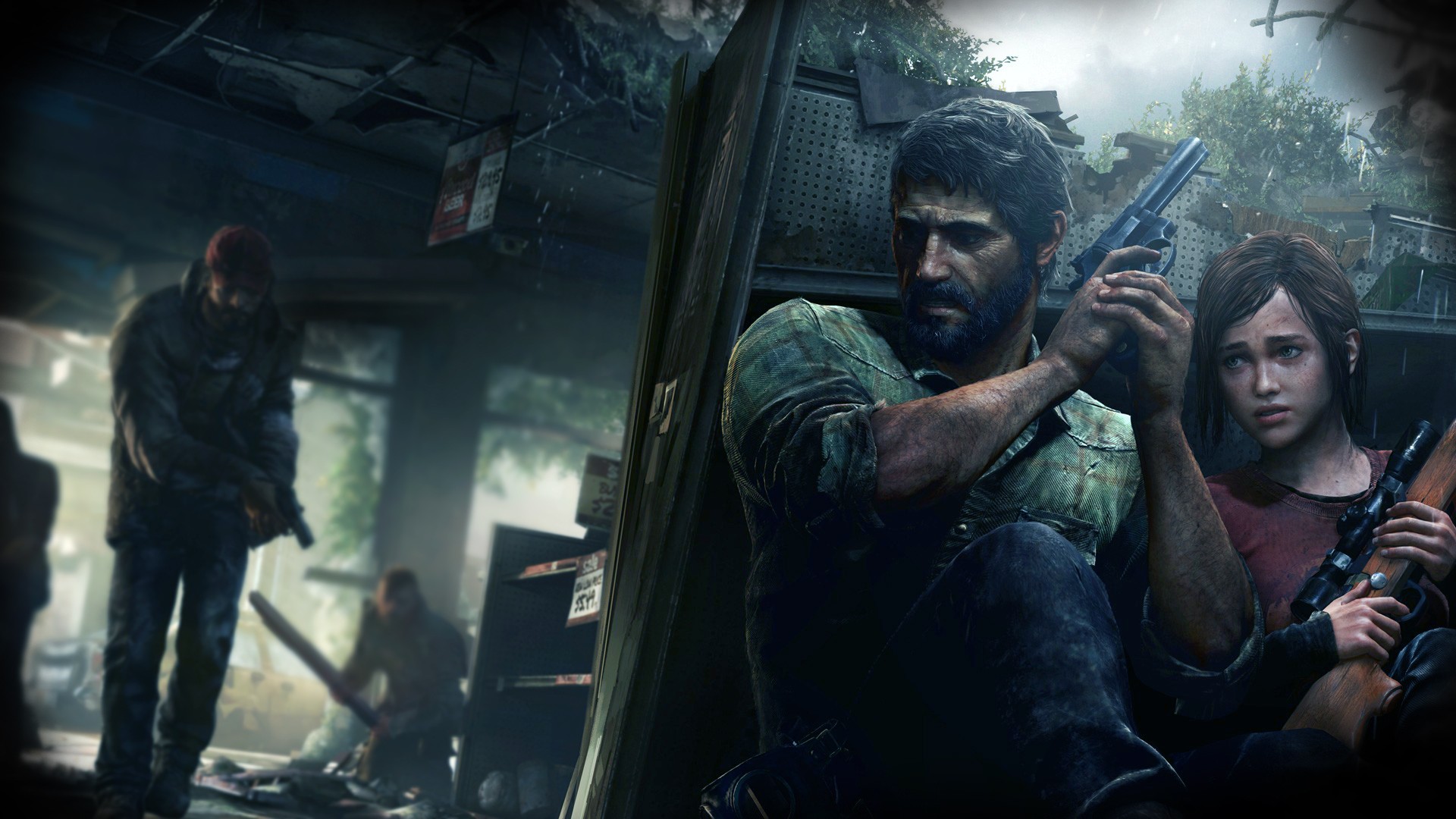
Which isn’t to say that stories about zombies should go away. They’re played out, for sure, but they’re not dead (sorry). When they’re done well, they can be sublime. The Last of Us is another perfect demonstration of great storytelling helping players overlook some wonky gameplay mechanics. It’s a small story told against a massive backdrop. And goes to show that we can empathise with a game character, and we don’t need to be with a character for 8 hours for their death to have emotional resonance.
GTA V
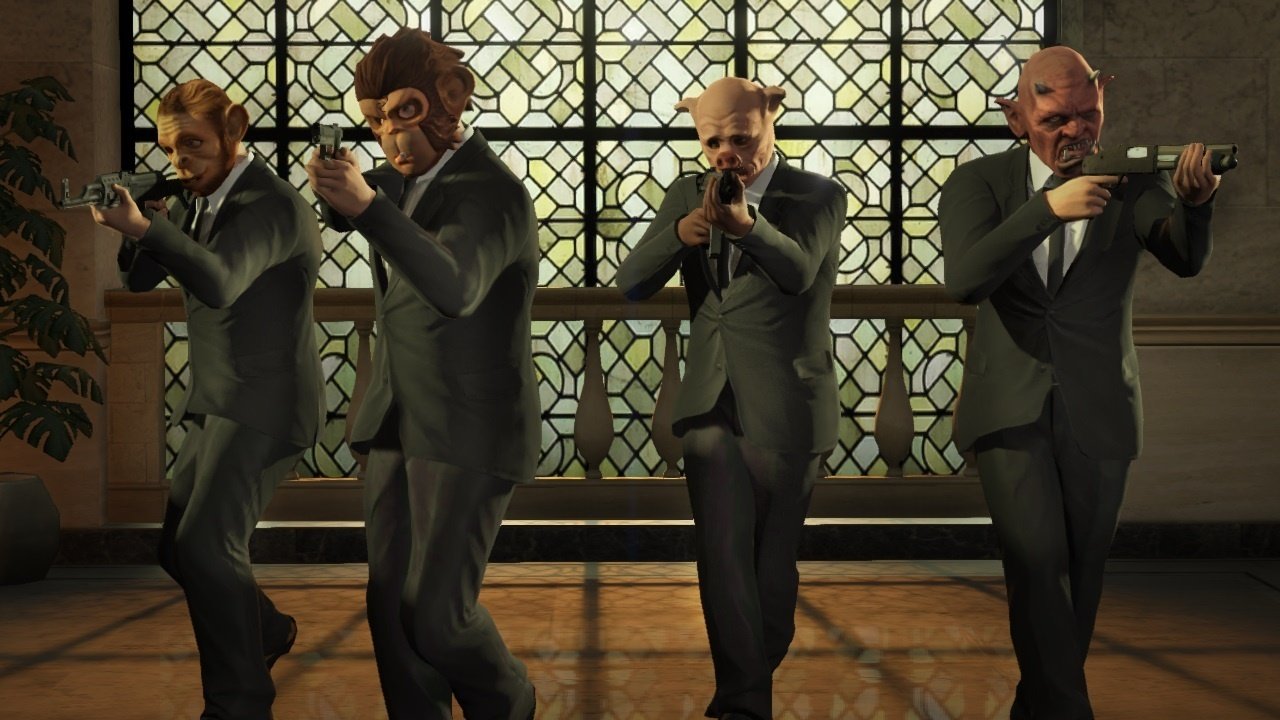
It doesn’t quite reach the dizzy heights of Red Dead Redemption (which could be my favourite game of the last console generation), and I’m a little disappinted they’ve lost (or, after Saint’s Row, abandoned) some of the biting satire of the earlier games, but this was the first GTA I’ve actually finished. That has to say something.
Legend of Zelda: A Link Between Worlds
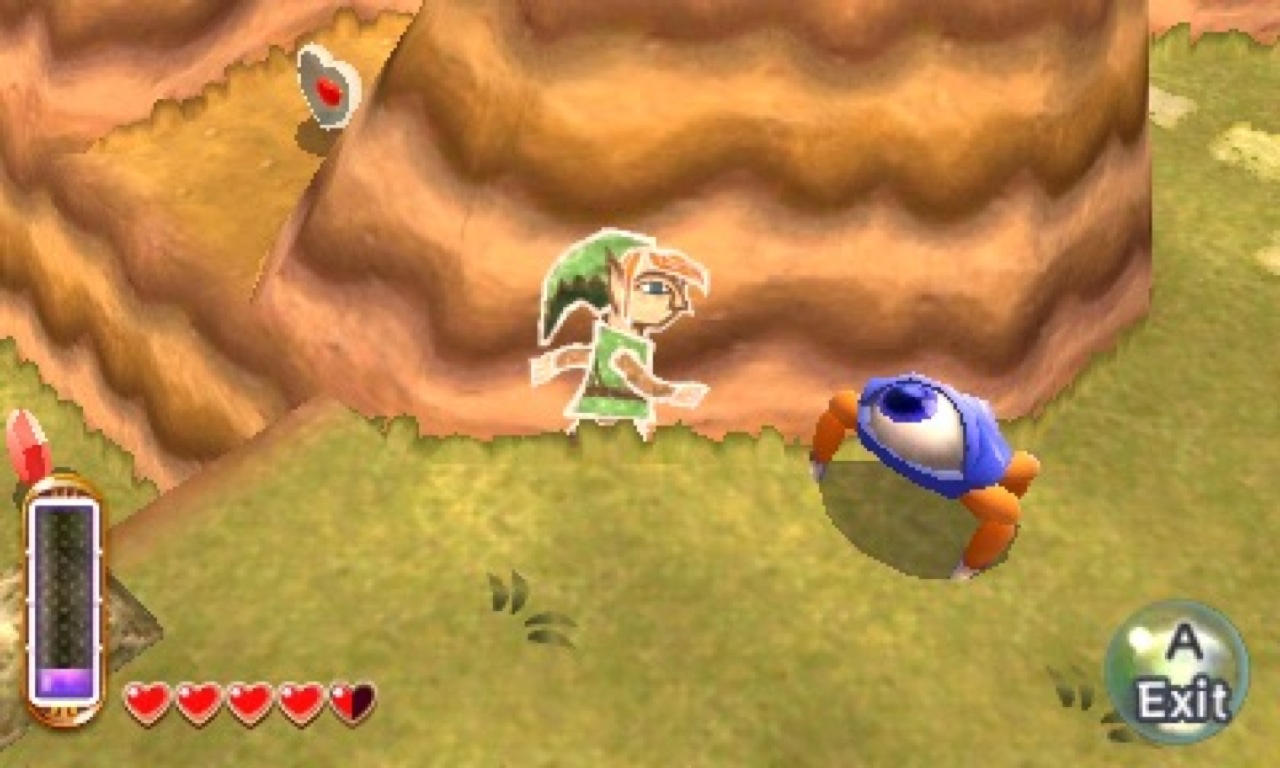
Closely tied with Wind Waker for my favourite Zelda game of all time. A Link Between Worlds cleverly plays with our nostalgia for the franchise and the series’ own internal systems. It’s familiar and yet different.
Tomb Raider
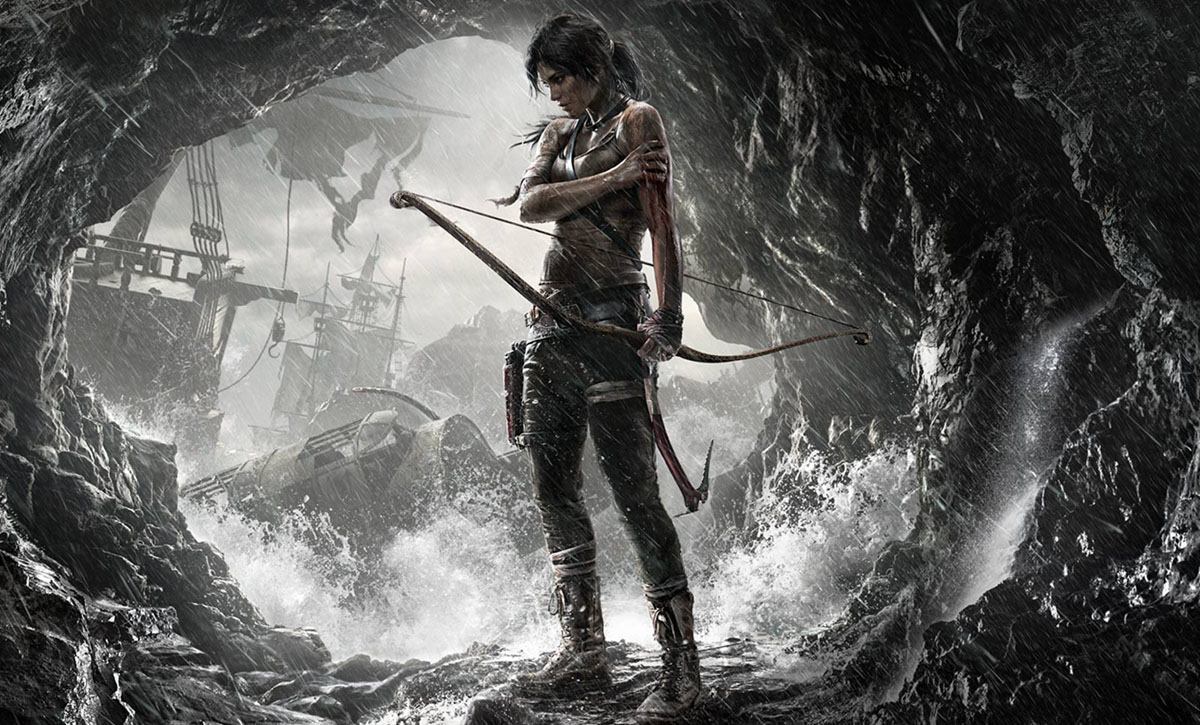
Post-Uncharted, things clearly had to change for Lara Croft and the Tomb Raider franchise. So they toned down some of the more ridiculous aspects of the franchise and brought the grit (so much grit). It lost some of the charm and whimsy along the way, but it was another example of great, grown-up storytelling.
Rogue Legacy
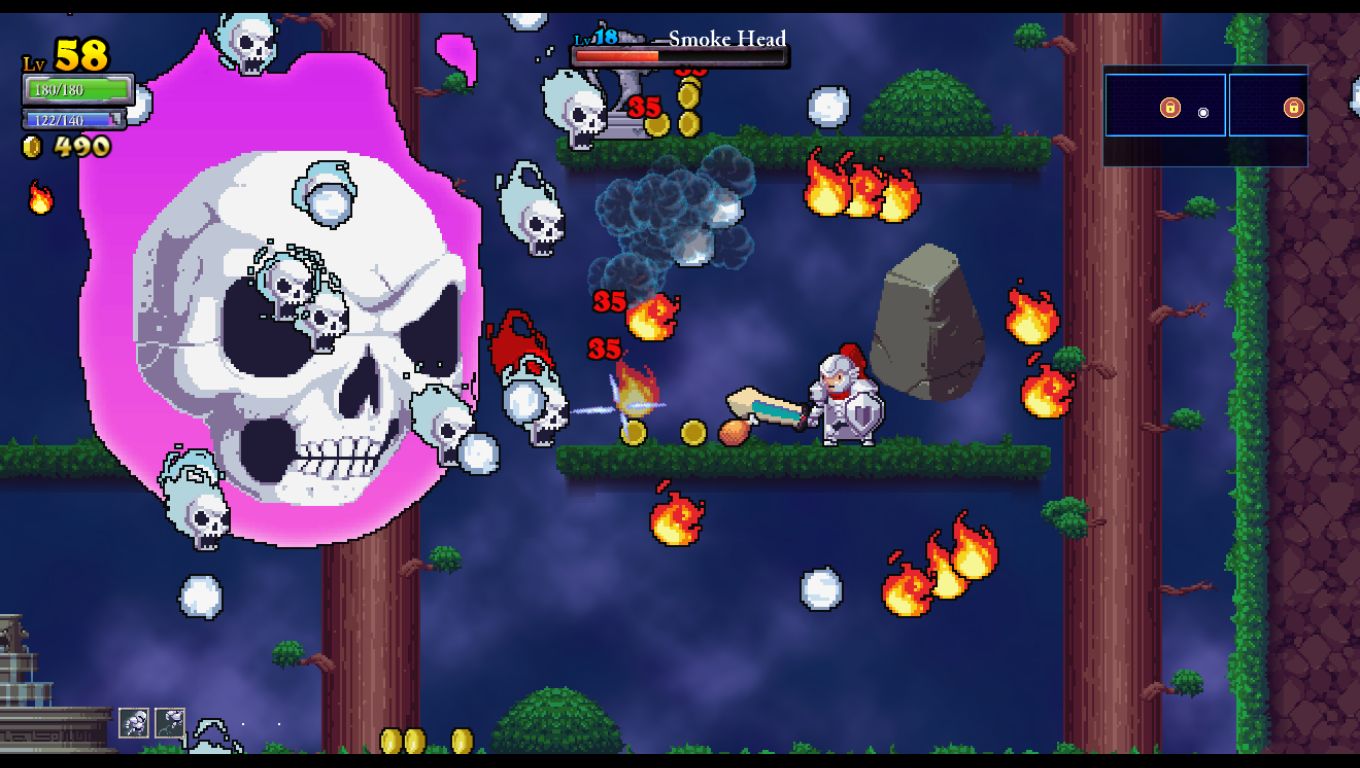
Look at my steam stats and you’ll probably see that Rogue Legacy is the game I’ve played most this year. It’s a hardcore platformer – Castlevania crossed with a Dark Souls. But as crushingly painful and un-fun as that sounds, Rogue Legacy has a huge playful streak. Every time you die, you have to choose your next character, one of three children of your now-dead hero. And they all have their own traits. For example, one might be myopic, so everything far-away is blurred. Or one might suffer from flatulence, so every jump causes a little toot. You’ll choose a deliberately dodgy character just to collect a bit of money and see what your next heir will be like. Pulling yourself out of that “just one more go” cycle is tough.
Candy Box

Like Frog Fractions, Candy Box is about unexpected discovery. A simple text page slowly gives way to an entire RPG adventure told through ASCII. Our office lost an entire day of productivity to this game, as people got drawn into the strange things the players shouted at each other across the room. This was my favourite surprise of 2013.
Ridiculous Fishing
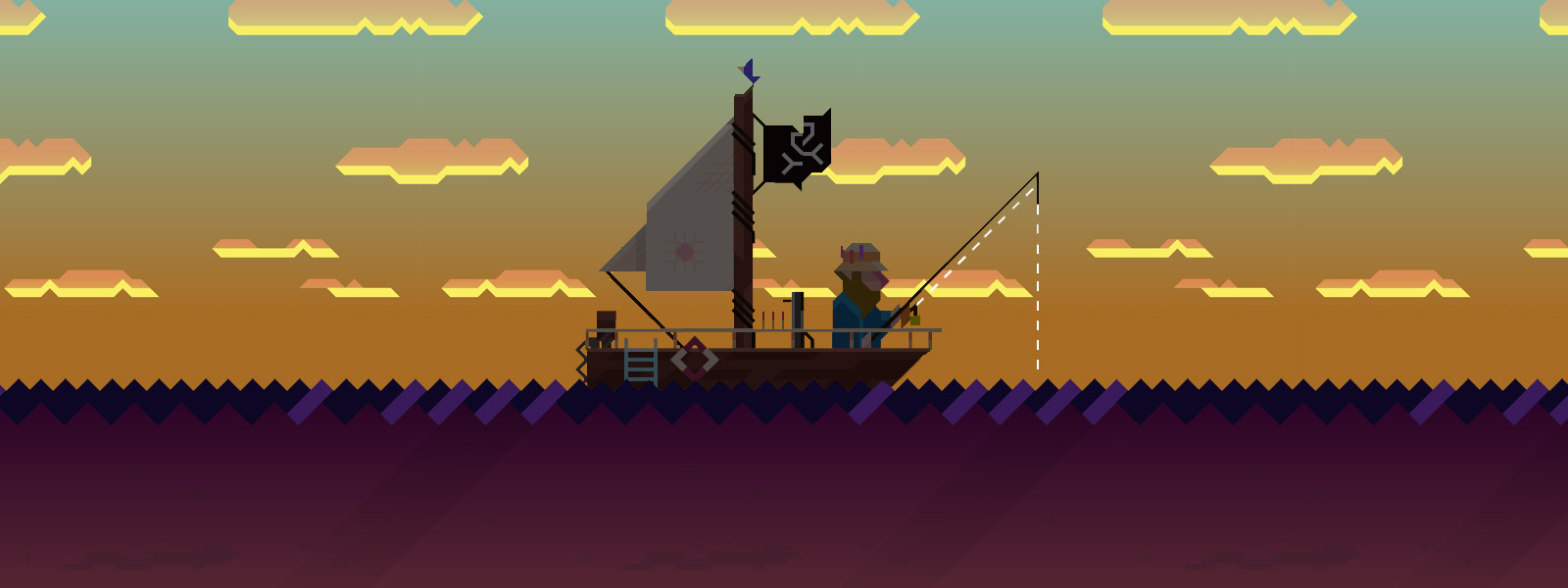
Another game with a surprising depth (Oh God, I swear that was not meant to be a pun. I’m so sorry), Ridiculous Fishing is actually three games in one. The first game sees you casting your lure, trying to avoid fish as it goes down. The moment your lure touches a fish, it stops descending and then you have to play a second game - touch as many fish as you can as your lure comes back up. Once they’re up, you need to blast them with your shotgun to score points. This was my favourite short-session game of 2013.
Papers Please
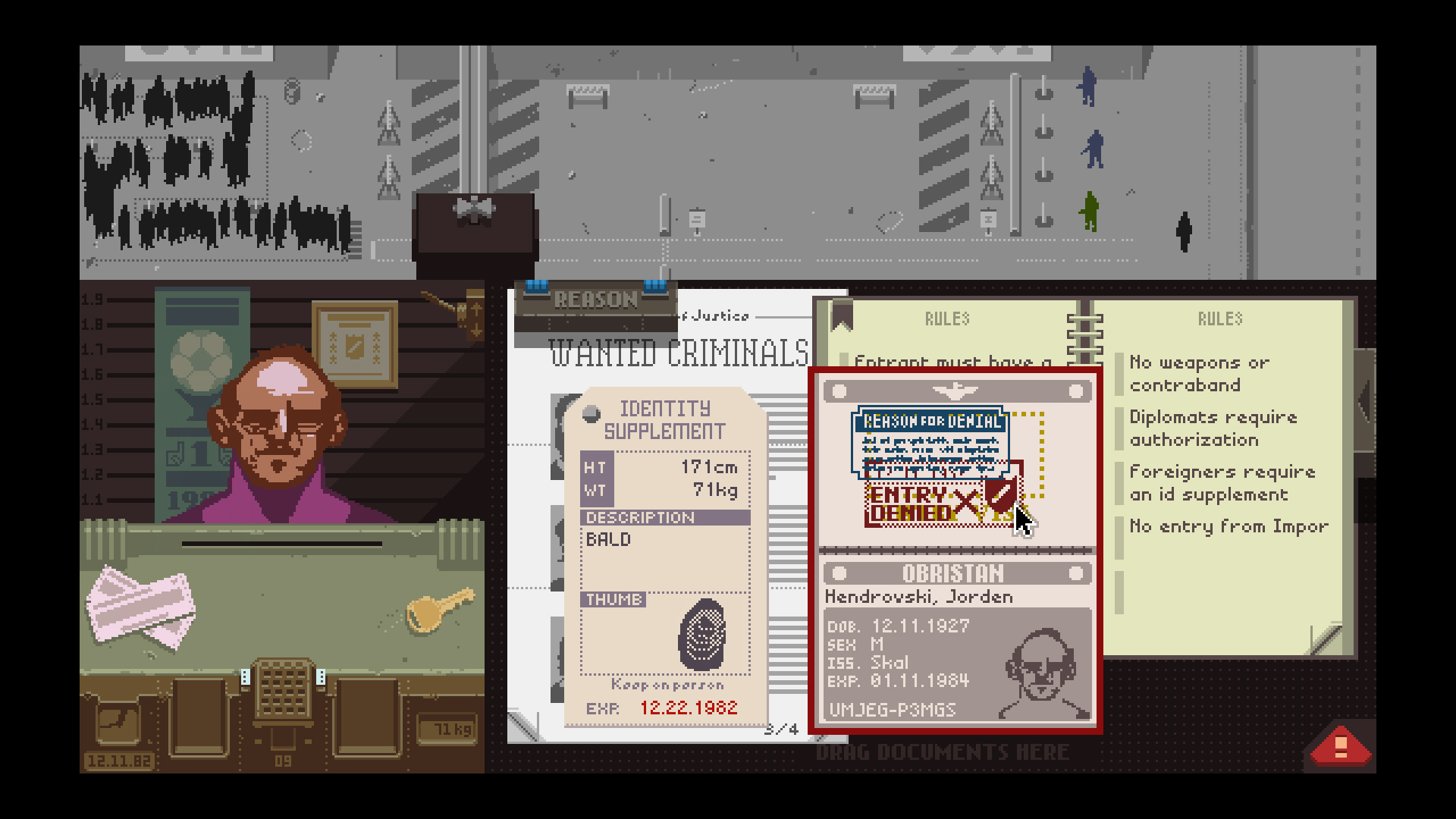
If there’s a common theme to the games on this list, it’s that the games I liked most in 2013 felt grown-up. In Papers Please, you’re a border guard for an eastern European country in the 1980s. You have to check the day’s rules to figure out who is allowed into your country. Your wages then go to paying rent or making sure your family don’t starve. The game isn’t “fun” in the traditional sense. And I’ve never been so stressed in a game. But it’s compelling in a deep, dark way.
The Stanley Parable
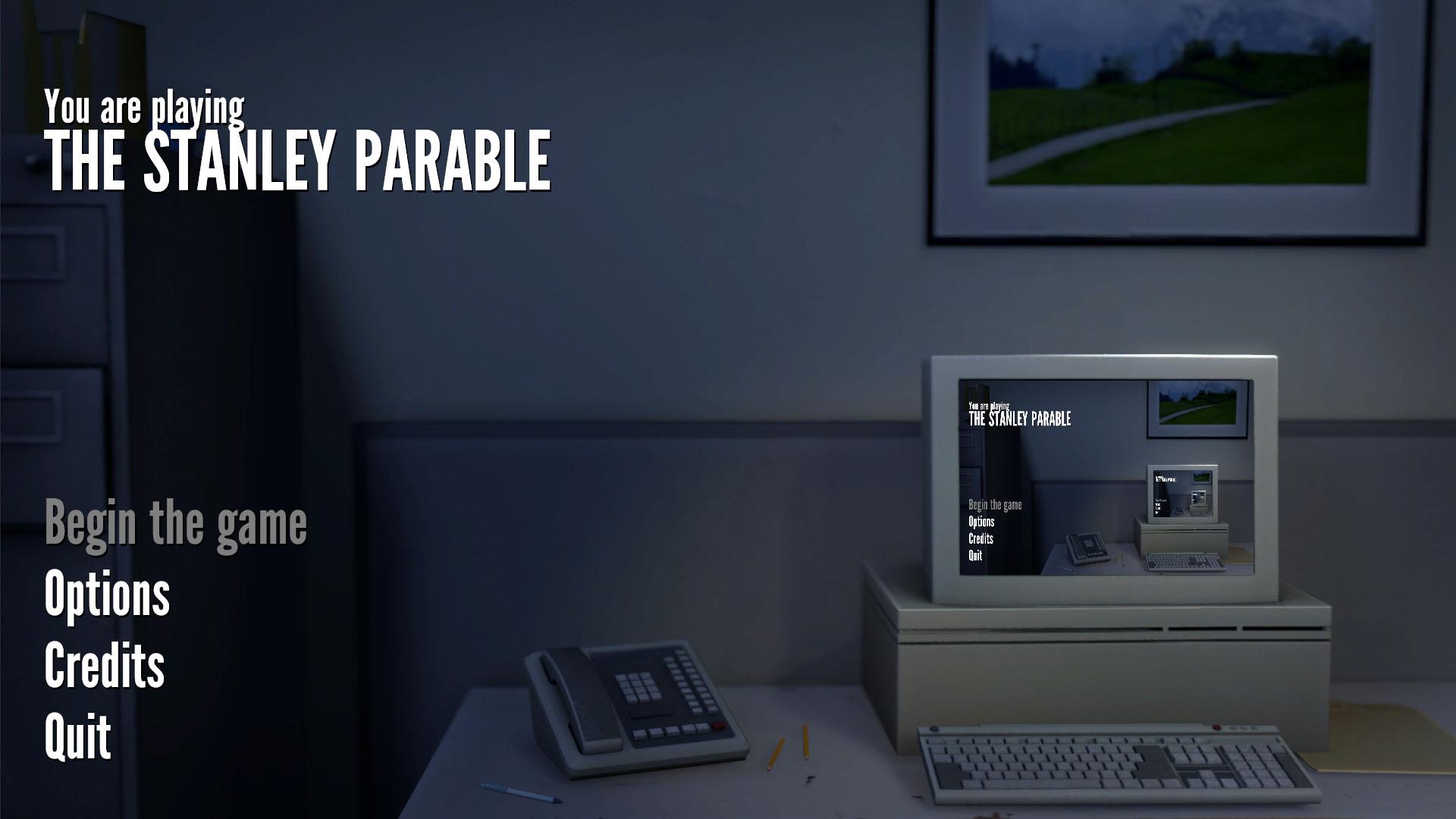
The Stanley Parable is a game about choice. Do you go through the red door or the blue door? When the game’s narrator (best narrator since Thomas Was Alone) is saying “Stanley went through the red door”, do you still go through the red door, or do you disobey the game? It’s also a game all about player agency. But better than that - it knows it’s about these things. It can poke fun at them. It’s always one step ahead of the player. There’s a glitch where you end up outside the map. I thought I’d broken the game, but the narrator kicked in with “So, you found a glitch. I bet you feel pretty proud of yourself.” It’s like a mystery box. Even writing about it now, I want to get back into it. To see exactly where its boundaries are.
Proteus
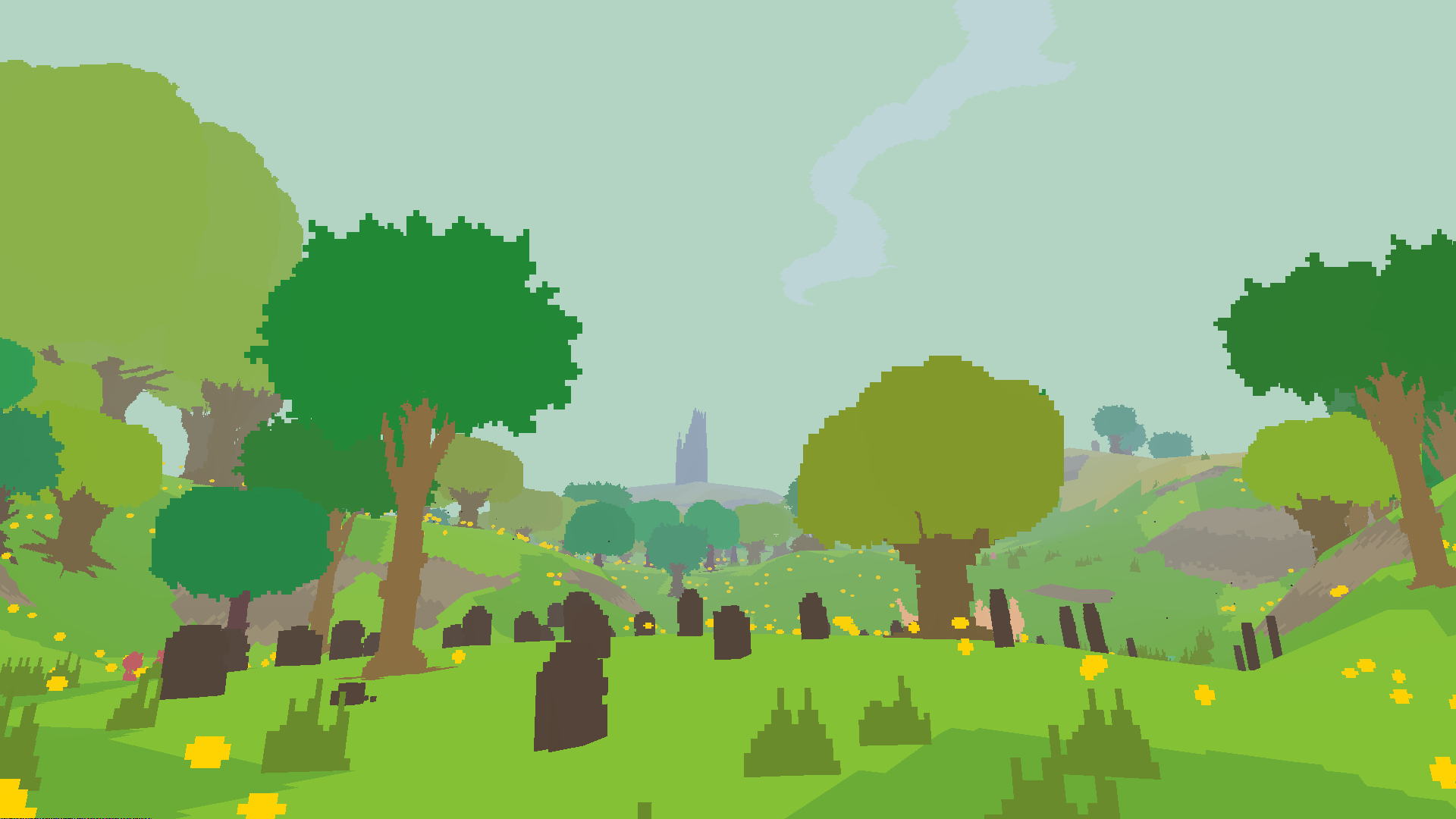
I feel weird putting Proteus on this list when I already have The Stanley Parable and Gone Home. People will accuse me of having a boner for the First Person Walker genre. But Proteus is something genuinely special and I wish more people would try it out. You don’t even have to “get” it, just try it. And I don’t mean “get” it intellectually – it’s about the passage of time and life and death, big whoop – I mean “get” it in an emotional way. And even the fact that I’m using words like ‘“get” it in an emotional way’ about a videogame should give you an idea of exactly why I love this game so much. Try it.
 johnke.me
johnke.me